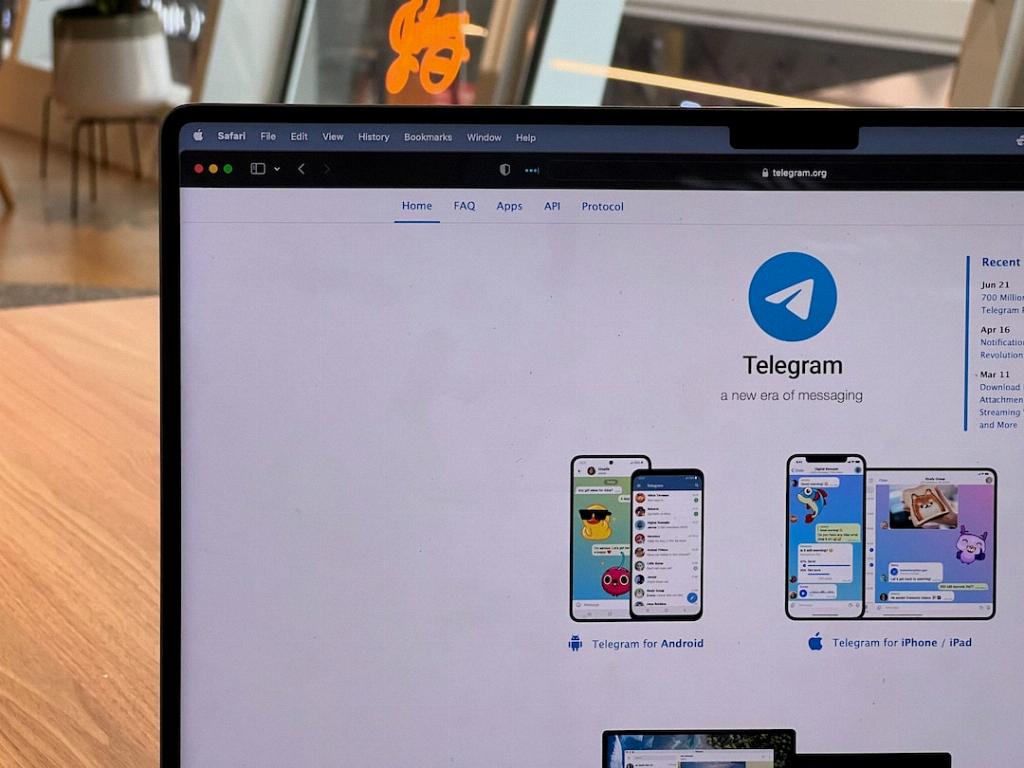When examining the impact of the Zimmermann Telegram on American neutrality during World War I, it becomes evident that this secret communication had far-reaching consequences that shifted the course of history. The Zimmermann Telegram, which was intercepted and decoded by British intelligence, revealed Germany’s proposal to Mexico to join them in a potential war against the United States. This revelation not only highlighted Germany’s aggressive tactics but also posed a direct threat to American interests and security.
The Zimmermann Telegram served as a catalyst that eroded American neutrality by exposing Germany’s intentions to instigate conflict against the United States. The telegram’s contents, which promised Mexico the territories of Texas, New Mexico, and Arizona in exchange for joining Germany in the war, ignited a wave of public outrage and anti-German sentiment in the U.S. The blatant disregard for America’s sovereignty and territorial integrity outlined in the telegram shattered any illusions of impartiality that the U.S. may have held towards the ongoing global conflict.
Furthermore, the timing of the Zimmermann Telegram’s revelation coincided with Germany’s decision to resume unrestricted submarine warfare, a move that directly threatened American lives and interests. The combination of the telegram’s contents and Germany’s aggressive naval tactics served as a dual blow to American neutrality, compelling the U.S. government and public opinion to reevaluate their stance towards the war. The telegram, in conjunction with the submarine warfare, pushed the United States closer to abandoning its neutral stance and taking decisive action.
One cannot underestimate the psychological impact that the Zimmermann Telegram had on the American populace. The revelation of Germany’s covert attempts to sow discord and incite conflict on American soil ignited a sense of betrayal and indignation among the U.S. population. The telegram’s contents were seen as a direct affront to American sovereignty and security, prompting a wave of patriotic fervor and support for entering the war to defend national interests.
Moreover, the Zimmermann Telegram played a critical role in shaping public opinion in the United States and swaying sentiment in favor of entering World War I. The telegram served as concrete evidence of Germany’s hostile intentions towards the U.S., dispelling any illusions of peace and further polarizing public opinion. The sense of outrage and betrayal sparked by the telegram solidified the narrative of German aggression and American victimhood, ultimately galvanizing support for intervention in the war.
In addition to its impact on public opinion, the Zimmermann Telegram had significant diplomatic repercussions that influenced America’s stance on neutrality. The revelation of Germany’s backchannel diplomacy with Mexico strained relations between the U.S. and Germany, undermining trust and exacerbating tensions. The telegram’s contents not only exposed Germany’s duplicitous actions but also highlighted the need for the U.S. to reassess its position of neutrality and prioritize national security interests.
Furthermore, the Zimmermann Telegram transformed American perceptions of the war from a distant European conflict to a direct threat to national security. The telegram’s revelation of Germany’s willingness to instigate conflict on American soil shattered any illusions of immunity from the war’s impact. The perceived threat outlined in the telegram forced the U.S. to confront the stark reality of the global conflict and reassess its role as a neutral observer, pushing the nation towards a more proactive stance in defense of its interests.
From a strategic standpoint, the Zimmermann Telegram forced the United States to reconsider its geopolitical position and formulate a response that aligned with its national interests. The telegram’s contents exposed Germany’s attempts to manipulate Mexico and draw the U.S. into a potential conflict, prompting American policymakers to devise a strategic response that safeguarded American security and interests. The telegram served as a wake-up call that demanded a reassessment of American foreign policy and a reevaluation of neutrality in the face of escalating threats.
Moreover, the Zimmermann Telegram’s impact extended beyond the realm of diplomacy and security, influencing cultural perceptions and public discourse in the United States. The revelation of Germany’s subversive tactics and hostile intentions sparked a wave of anti-German sentiment and fueled a sense of national unity and purpose. The telegram’s contents ignited a sense of righteous indignation and moral outrage among the American populace, contributing to a shift in cultural attitudes towards the war and strengthening the resolve to take a stand against German aggression.
The Zimmermann Telegram’s role in shaping American neutrality cannot be understated, as it marked a turning point that propelled the United States towards active involvement in World War I. The telegram’s contents served as a wakeup call that shattered illusions of peace and impartiality, highlighting Germany’s aggressive tactics and threatening American interests. The revelation of the telegram not only galvanized public opinion but also prompted the U.S. government to reassess its stance on neutrality and prioritize national security concerns, ultimately leading to America’s entry into the war and a decisive shift in the global balance of power.

